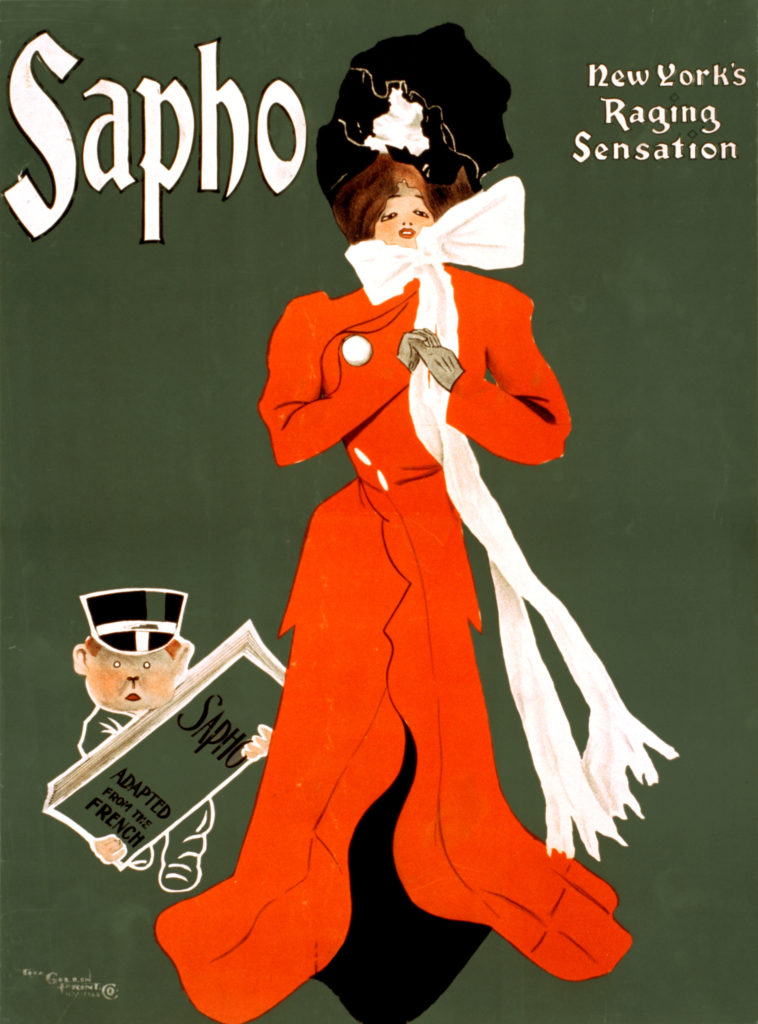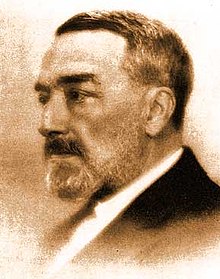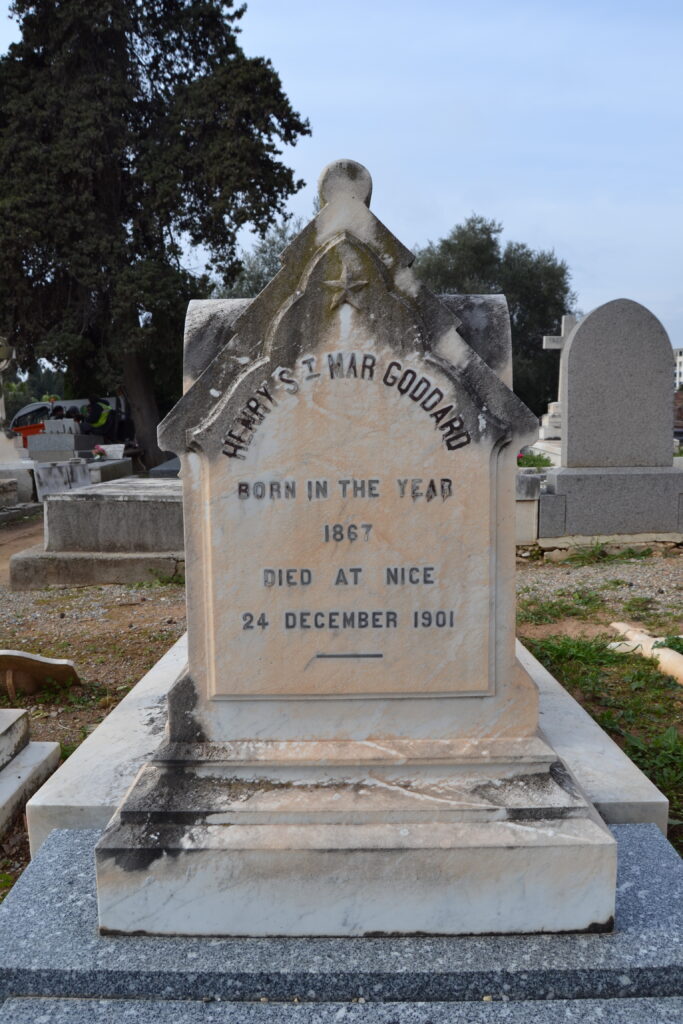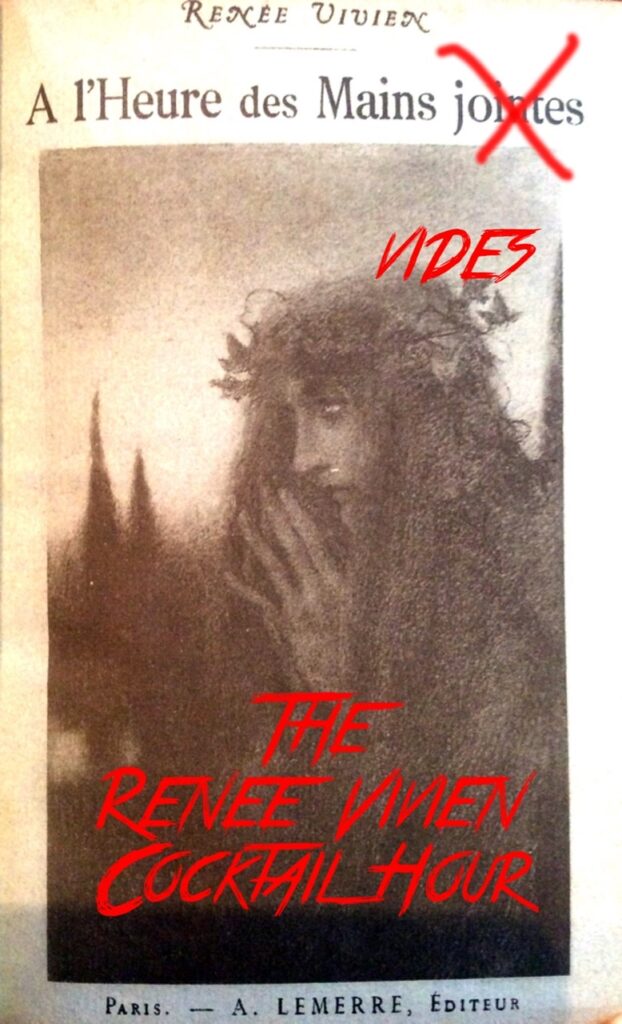
Drifting Along with Pauline
Why Translator Melanie Hawthorne Launched the Renée Vivien Cocktail Hour
and what you can do to win free drinks
Poetry’s having a moment. Have you noticed? Here’s a piece in today’s New York Times to help you explore what everybody’s talking about—how a poem a day really can help us make sense of a battered world.
So anyway, June 2020 finds me staying at home and lying in perilously late: which is to say, closer than ever to Renée Vivien, who turns 143 today.

She was a privileged and gifted poet with refined sensibilities who might have epitomized the golden age she lived in, had she not suffered a horrific childhood or been a lesbian obsessed with death and decay. So maybe it’s no surprise that she saw the world through a darkening lens. She matched that darkness with stories and verse of over-ripe sensuality and erotic power.
Take the Renée Vivien Pride Month Challenge
This month, in her honor, I’m offering a gift certificate to a lucky reader who explores Vivien’s work in a uniquely 21st century way: by hosting your own cocktails & poetry party as part of Melanie Hawthorne’s new virtual salon. It’s a limited series starring new craft cocktail recipes, developed by an actual mixologist, and the sexy poet who inspired them.
Here’s how to win the prize:
(1) Visit The Renee Vivien Cocktail Hour in June and leave a comment for your gracious host.
(2) Follow the recipe to build your own Sun Goddess cocktails, pair them with friends and Vivien’s verse, and report back here (leave a comment) with compelling evidence of your Vivienesque exploits.
(3) The first visitor to complete the challenge fully and creatively wins next month’s party on me. Send me your bar tab/grocery bill and I’ll reimburse you for your Renée Vivien Cocktail Hour in July.
Meanwhile
Since it’s l’heure des mains vides, that empty-handed time of day the French reserve for legitimately not doing anything, why not pour a glass and settle in for a ten-minute read?

I want you to meet the Renée Vivien scholar who came up with this idea.
First: Renée Vivien? Remember her?
She was the rock star of French poetry and giving girls a hard time, which was how she got the award for Sapho 1900. Of all the talented women in Natalie Barney’s social circle, Renée Vivien died the youngest. Cancelled by failed suicide, finished off by drugged-out anorexia. She never lived to see the 1918 influenza epidemic. But her last years went dark out of self-imposed isolation. Which stamped itself on her poetry, too.
Weird, because most people who met her were struck first by a child-like quality that never seemed to desert Vivien, born Pauline Tarn. The first time Natalie Barney heard her recite one of her poems, it was the un-self-conscious clarity that seduced her. Natalie took it for purity. It was only later that Pauline’s “longing to be dead” (that apt description of Diana Souhami’s!) started to wear down even the Pope of Lesbos. People remembered Vivien’s kindnesses, even many years later. She never just gave you one of her must-have books to read, someone recalled. Instead, she’d always hide it under a nosegay. And maybe then she’d carry you to bed up four flights of stairs. But good luck sharing her orgasm. Bit of a wild card.
One of her many lovers, the American painter Romaine Brooks, remembered drifting along with Renee Vivien, not sure how to end it.
Things have come to a pretty pass
Our romance is growing flat
Cause you like this and the other
While I go for this and that
Goodness knows what the end will be
Let’s call the whole thing off
–The Gershwin brothers

After she died, Salomon Reinach (who was obsessed with Vivien’s tragic genius) was compiling the poet’s archive. When he interviewed Romaine, she confirmed that she’d been given Renée’s books, but she couldn’t remember where she put them.
When you were with Renée–between the English accent, the French poetry, the American back story, the Greek translating, the cross dressing, the endless spending, plus all the sex and drugs–when did anyone have time to read?
So that was Pauline. A poet who changed her name so she could be born again for one more chance to end it all.
Ever since, I’ve been catching up on my reading. Like from back in 2017.
In a paper for the journal Dix-Neuf, Melanie Hawthorne (professor of French literature and Humanities at Texas A&M University) reported a fascinating travel experience she had while doing research.
So this research trip Melanie Hawthorne took to Nice on the French Riviera (“Brighton but with a better climate”)? It was more of an excursion to learn what had doomed a certain pair of star crossed artist-lovers.
Hawthorne found her answer in the place that inspired them both. Turns out, you don’t need to whip out the star chart to learn why Brooks and Vivien had serious problems with “profound incompatibilities.” Everything you need to know, it’s right there in their neighborhoods.

The women had lived only blocks apart, yet in two totally different parts of the port city that grew up on the Bay of Angels. Where they settled (Brooks is buried there beneath her brother), and how each responded to her environment, speaks volumes about these mismatched LGBTQ+ pioneers.
By drifting through Nice, haunting the place in the way both women might have done more than a hundred years ago, Melanie Hawthorne started mind-mapping their personalities, their Muses and their creative spirits.
Melanie’s original goal was getting “the Humanities out of the ivory tower and into the street.” Well, Professor Hawthorne got more than she’d bargained for. A bout of food poisoning turned into an unexpected gift. Melanie spent the trip suffering from the same affliction as Renée Vivien: aversion to food. And to bad smells, which pretty much ruled out everybody in Nice. Which turned her into a loner like Romaine Brooks.
She was literally grounded in the sights, smells, sounds, places and routines of Nice as the poet and the painter would have experienced them. Armed with these strange new personality filters, which was almost like a channeling of her research subjects, Melanie gained new and especially valuable insights into Vivien’s poetry.

At one point, standing on the beach at dusk, she sensed the poet’s presence there. Melanie looked down to see the image of a howling wolf on a swizzle stick that had washed up on the shore. Weird, because she was working on a new translation of Vivien’s story about a woman who chooses to drown with her pet wolf in a shipwreck, rather than abandon the wolf for a lifeboat….
That ghostly experience was one of the catalysts for the mixology project that launches today on Melanie Hawthorne’s web site. Who knows, it may soon be bigger than Sangria and Secrets with Drag Queens from Airbnb!
Which I can recommend–at least for the excellent sangria.
And that story about the wolf who fatally seduced her well-heeled keeper? Melanie Hawthorne has undertaken a revised translation of that story and other works, to be simultaneously republished in French. Look for it this fall from Liverpool University Press, publisher of Hawthorne’s recent book about how women in the U.S. and Europe had no claim to citizenship until well into the 20th century. It’s one of those basic facts about the patriarchial societies we live in that you understand to be true, but really just can’t fathom–like the fact that women did not have the right to vote in this country until 1920. It took a gaggle of rich lesbians, of course, to change the Modern world. Or at least make a start. Barney, Brooks and Vivien provide the case studies. You can buy Melanie Hawthorne’s book here.
Suzanne Stroh: So Melanie, great article in Dix-Neuf called “Two Nice Girls.” First I inhabited Romaine Brooks’s favorite restaurant in augmented reality, because I think I’ve actually dined there once IRL. Your service was better. Then I felt virtually transported into Pauline’s bedroom above the orange grove. That was a trip.
Melanie Hawthorne: Glad you enjoyed it.
You’re launching a new kind of literary salon. What’s your vision for the Renée Vivien Cocktail Club?
“A l’heure des mains vides” (at the hour of empty hands) is a play on the title of one of Vivien’s poetry books, A l’heure des mains jointes (at the hour of joined hands), originally published in 1905. But what if, instead of being able to join hands (because we are all confined to our homes by the Covid virus, for example), you have empty hands? Then grab a glass, fix yourself a drink, and take a moment to read a poem (alone or with others). Each month will feature a different drink and a thematically related poem (in the original French but with a rather literal English translation for the linguistically challenged) along with a few comments on what is notable about the poem.
I love the word excursion, don’t you? As in, “deviation from a regular pattern, path or level of operation.” If we can ever travel again, isn’t that what it should really be about? Getting deviated?
And to study that is called psychogeography.
I’ll leave the pronunciation to you.
It reminds us that understanding comes from engaging directly with the world around us and bringing an active mind to bear on experience. If, as Rebecca Solnit suggests, to walk is to think, and if to think is to be, then ambulo ergo sum.
Drink in hand.
Of course.
Melanie, thanks again for stopping by. See you on the other side.

Click here for more at the Renée Vivien Cocktail Hour
COMING SOON: HOW YOU CAN MAKE A DONATION DURING PRIDE MONTH AND BECOME A PROUD SPONSOR OF MY QUEER NEW AUDIOBOOK, A NIGHT AT THE AMAZON’S!
(Hint: Wherein Renée Vivien comes back from the dead on Halloween to haunt Natalie Barney’s birthday party in 1926.)
Many happy returns of June 11, Pauline. I hope you like the audiobook I’ve just read for Princeton University Press about you and Eva Palmer gallivanting around naked in the Maine Woods and at Bryn Mawr. You’ll be able to buy it on Amazon, Audible and iTunes at the end of July. And if you haven’t yet read Artemis Leontis’s biography about the only ancient Greek you ever knew: well, it’s not as if you can’t find the time.

